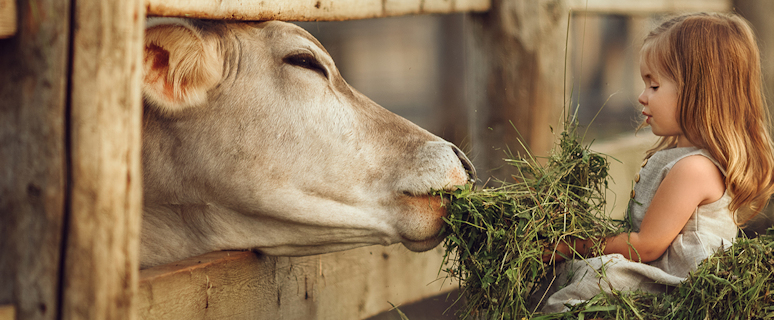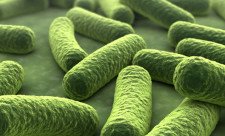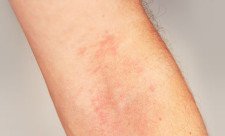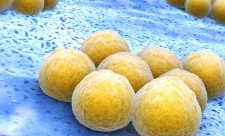
Compared to city kids, rural children are less likely to develop allergies – and this has something to do with bacteria and the microbiome. These findings – popularised as the “cow shed theory” some time ago – do not only apply to children. Adults, too, have been shown to exhibit a variety of symptoms depending on their lifestyle and the environment they live in.
Researchers from the Universities of Ulm, Erlangen, London, and Boulder (Colorado, USA) found that men who, during the first 15 years of their lives, grew up on a farm with animals are better at dealing with psychosocial stress compared to men who spent their first 15 years in a large city without pets. These findings were published by the University of Ulm.
The reason is a so-called “exaggerated inflammatory immune response” which may lead to chronic inflammatory reactivity, allergic diseases of, e.g., the skin, or asthma, but also to psychiatric disorders such as depression. People living in large cities show an above-average vulnerability to these disorders. At the same time, they differ from rural inhabitants in that the bacterial diversity (microbiome) on and within their bodies is often reduced.
These findings are corroborated by a current Finnish study. When comparing two population groups (people living on the Finnish side of the border with a more western, hygiene-oriented lifestyle contrasted with a traditional Russian side living in close touch with nature), researchers found that prevalence for hay fever and asthma among Finnish children was many times over that of their Russian peers. At the same time, the scientists also examined the bacterial composition of the children’s immediate surroundings and determined that bacterial diversity was significantly higher in Russian households. Reportedly, there are already therapies in development which recreate rural allergen and pathogen spectrums for city kids. This could be considered as some kind of inoculation for a healthy microbiome and against lifestyle diseases and allergies. Potentially, this might also work prophylactically against stress symptoms among urban populations, but this would need further study.
Sources:
https://erj.ersjournals.com/content/49/6/1700470
https://www.gelbe-liste.de/dermatologie/allergien-kuhstall-theorie

 21. Jun 2022
21. Jun 2022 Popular
Popular Recent
Recent Comments
Comments












